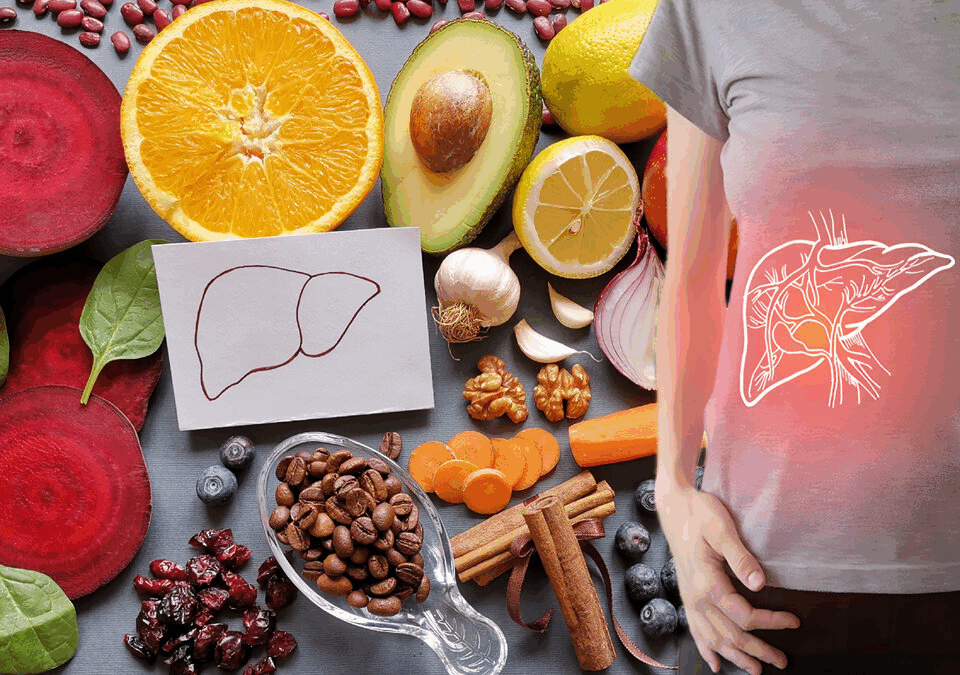
ENT Tips for Preventing Ear Infections
August 12, 2025
How to Balance Hormones Naturally for Women
August 12, 2025Taking care of your health is essential no matter your age. For women, health needs can change over time due to different stages in life—whether you’re a teenager, a young adult, a middle-aged woman, or a senior. Understanding the best ways to stay healthy and strong throughout these phases can help you live a happier, more energetic life. Here, we will explore some of the best women’s health tips that apply to every age group. These tips cover physical, mental, and emotional well-being because true health is more than just the absence of illness.
1. Focus on Balanced Nutrition
Nutrition is the foundation of good health at any age. Eating a variety of nutrient-rich foods gives your body the fuel it needs to function properly.
- Young girls and teens: Need calcium and vitamin D for strong bones as they grow. Dairy products, leafy greens, and fortified cereals are great choices.
- Adult women: Should include plenty of fruits, vegetables, whole grains, and lean proteins in their diets. Iron is important too, especially for those who menstruate.
- Older women: Need foods rich in calcium and vitamin D to maintain bone health and prevent osteoporosis. Fiber is also crucial to keep digestion healthy.
Avoid processed foods high in sugar and unhealthy fats. Drinking enough water daily helps with energy and skin health.
2. Stay Active Regularly
Exercise is one of the best ways to keep your body and mind healthy.
- For young women, regular activity supports healthy growth and boosts mood.
- Adults can benefit from a mix of cardio, strength training, and flexibility exercises. This helps maintain a healthy weight, improves heart health, and strengthens muscles and bones.
- Seniors should focus on gentle activities like walking, swimming, or yoga to improve balance, reduce joint pain, and maintain independence.
Try to get at least 150 minutes of moderate exercise every week. Even small movements, like stretching or light walking, are better than none.
3. Prioritize Mental Health
Mental well-being is just as important as physical health.
- Stress is a common issue for many women due to juggling work, family, and other responsibilities.
- Practice mindfulness, meditation, or deep breathing to calm your mind.
- Make time for hobbies and social connections—both help reduce feelings of loneliness and anxiety.
- Don’t hesitate to seek professional help if you feel overwhelmed or notice signs of depression.
Taking care of your mental health improves your overall quality of life and supports better physical health.
4. Regular Health Check-ups and Screenings
Prevention is better than cure, so regular visits to your healthcare provider are key.
- Teens and young adults should get routine exams like vaccinations and reproductive health screenings.
- Adults need regular blood pressure, cholesterol, and blood sugar tests.
- Women over 40 should start mammograms and bone density tests as advised by their doctor.
- Don’t ignore dental care and eye exams, as these can reveal early signs of health issues.
Routine screenings catch problems early when treatment is more effective.
5. Practice Good Sleep Hygiene
Sleep is vital for the body to repair and rejuvenate.
- Aim for 7-9 hours of quality sleep every night.
- Create a bedtime routine that helps you wind down — like reading or listening to calming music.
- Avoid screens and caffeine close to bedtime.
- If you have trouble sleeping regularly, talk to a doctor about it.
Good sleep supports memory, mood, and immune function.
6. Stay Hydrated
Water is often overlooked but is critical for all bodily functions.
- Dehydration can cause fatigue, headaches, and poor concentration.
- Drinking water helps with digestion, keeps skin glowing, and regulates body temperature.
- Women generally need about 2.7 liters (around 9 cups) of fluids daily, including water from food and drinks.
Carry a water bottle with you and drink regularly throughout the day.
7. Manage Hormonal Changes
Women experience many hormonal changes in life—during menstruation, pregnancy, postpartum, and menopause.
- Understand your body and symptoms during these times.
- Healthy lifestyle habits can ease symptoms like mood swings, hot flashes, and fatigue.
- Consult a healthcare provider if symptoms are severe or disruptive.
Knowing what to expect helps you cope better and seek the right support.
8. Avoid Harmful Habits
Smoking, excessive alcohol, and drug use can have serious health consequences.
- Smoking increases risks for heart disease, lung problems, and cancers.
- Drinking alcohol in moderation or avoiding it altogether is better for long-term health.
- Avoid exposure to harmful chemicals and toxins as much as possible.
Healthy choices today protect your future well-being.
9. Practice Safe Sex and Reproductive Health Care
Sexual health is a crucial part of women’s overall health.
- Use protection to prevent sexually transmitted infections (STIs) and unplanned pregnancies.
- Get regular gynecological check-ups including Pap smears.
- Talk openly with your partner and healthcare provider about your sexual health needs.
Taking care of this area supports physical and emotional wellness.
10. Listen to Your Body
Finally, one of the best health tips for women of all ages is to listen to your body.
- If you notice unusual changes like persistent pain, fatigue, or mood swings, don’t ignore them.
- Early attention to symptoms can prevent more serious health issues.
- Trust your instincts and advocate for yourself in healthcare settings.
You know your body best—respect it and take action when needed.
Frequently Asked Questions (FAQs)
1. What are the best vitamins for women’s health?
Key vitamins include Vitamin D and calcium for bone health, iron to prevent anemia, folic acid for women of childbearing age, and antioxidants like vitamins C and E to support immune function.
2. How much exercise should women do per week?
Women should aim for at least 150 minutes of moderate aerobic activity or 75 minutes of vigorous activity weekly, plus strength training exercises twice a week.
3. How can women manage menopause symptoms naturally?
Healthy diet, regular exercise, stress reduction techniques, and avoiding triggers like caffeine and spicy foods can help. Some women benefit from herbal supplements, but it’s best to consult a doctor.
4. Why is mental health important for women?
Women are more likely to experience anxiety and depression due to hormonal changes and social pressures. Mental health care improves overall well-being, relationships, and physical health.
5. When should women start getting mammograms?
Most guidelines recommend starting mammograms at age 40 or 50, but women with family history or other risk factors may need earlier screening. Always follow your doctor’s advice.
Taking care of your health as a woman is a lifelong journey. By eating well, staying active, getting regular check-ups, and paying attention to both your body and mind, you can enjoy better health and happiness at every stage of life. Remember, it’s never too early or too late to start healthy habits!





